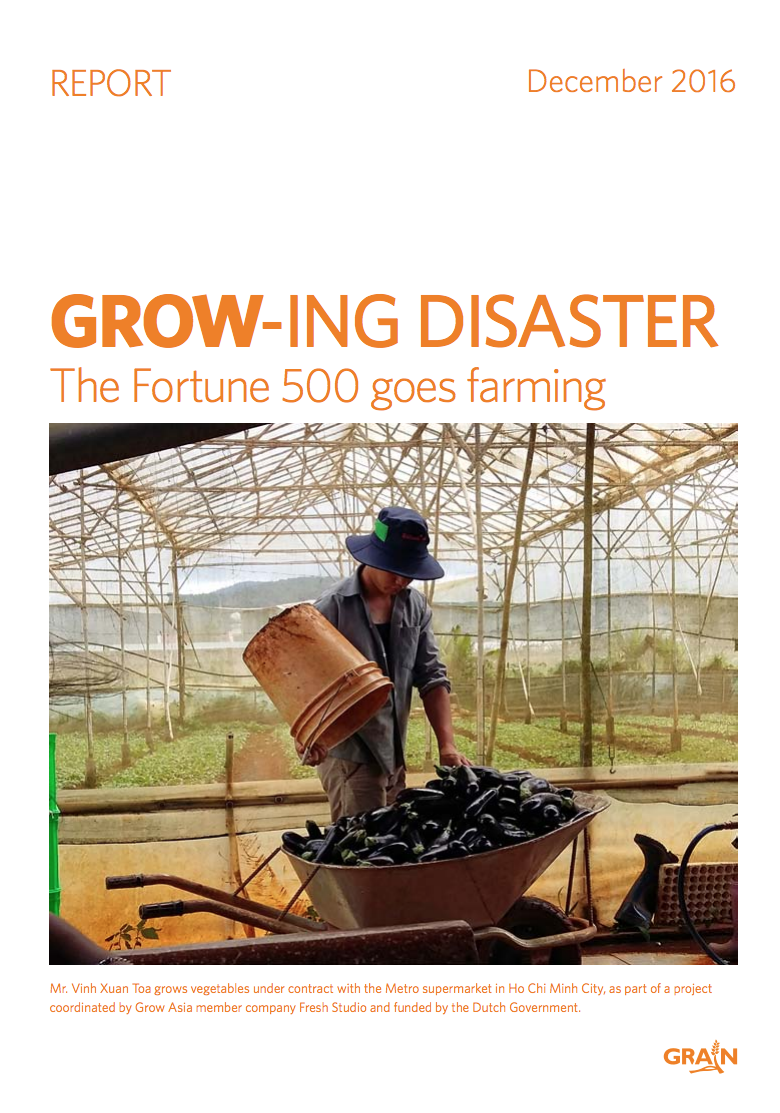‘Voluntary’ Migration in Lao People’s Democratic Republic
This paper is part of a collection of five policy briefs was commissioned by the World Bank for the 2009 World Development Report Reshaping Economic Geography. Through relocation policies, the Government of Lao PDR seeks to transform what it considers to be a traditional, rural economy into a modernised market-oriented system by eradicating shifting cultivation, changing the way that land is allocated and by reaching communities.








